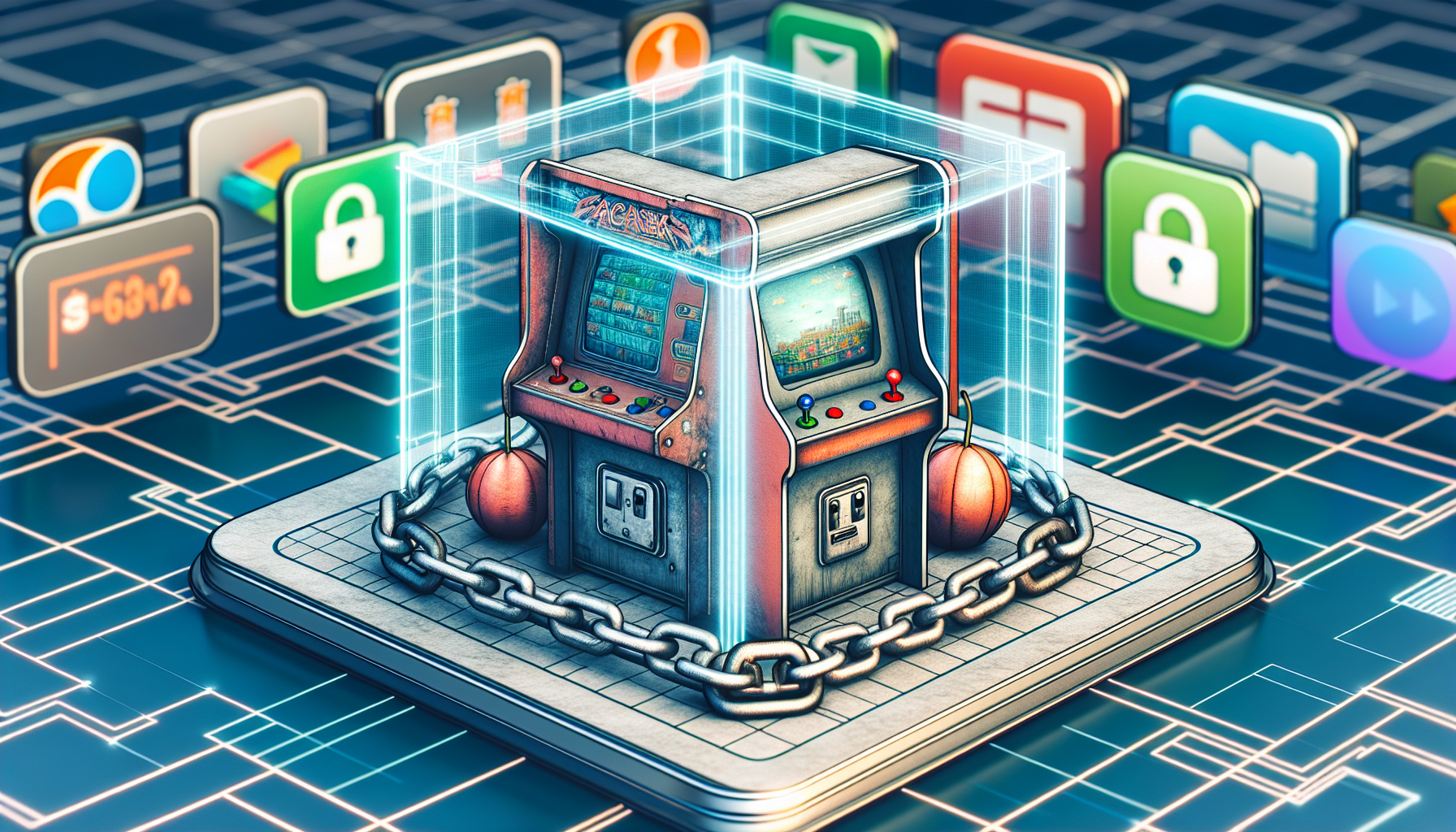 ## Apple’s Recent Approach towards Retro Game Emulators
## Apple’s Recent Approach towards Retro Game Emulators
Apple has made changes to its App Store review and application submission guidelines for developers. The new changes appear to permit a different type of app for emulating retro gaming consoles. This move is a clear departure from their prior policy, which disallowed apps capable of running code from an external source.
Deciphering the Policy Modification
The revised policy now allows for “software that is not embedded in the binary” under certain conditions. More specifically, apps that “emulate retro gaming consoles now have the option to offer game downloads”, are now acceptable. Still, developers maintain full responsibility for all software provided in their app, ensuring that it adheres to both Apple’s standards and all applicable laws.
The Legality of Emulators and ROMs
Retro game emulators operate ROM files, which are essentially copies of game cartridges or discs played on console devices. Emulators are entirely legal, however the legality of ROM files obtained from online ROM sites is dependent upon the specific files and the circumstances surrounding them.
Certain ROMs are completely within public domain or licensed allowing distribution by the creator; some ROMs are protected under copyright yet the original rights holder no longer exists, and the current rights holder is unknown or unenforced; and there are ROMs (like many Nintendo games) where the owner still retains and enforces distribution control.
Consequences for Game Publishers
Several game publishers utilize emulators to run ROMs of their retro games which they then sell to consumers as standalone games or as part of collections for modern platforms. The precise interpretation of Apple’s language isn’t clear, however it seems plausible that only those companies owning the intellectual property rights can launch emulator apps for downloading their (and only their) ROMs.
For instance, Sega could potentially launch a Sega app allowing users to download a continually expanding Sega games library, either as part of a subscription, for free, or as in-app purchases. In the past, Sega has made its retro games available on iPhone through emulation but with an individual app for each game.
Conclusion
This policy amendment by Apple is not exclusive to the European Union and comes amidst both EU and US scrutiny of its App Store rules. It assumes that Apple is making this change to circumvent criticism in this respect, though the company didn’t specify its reasons for the change, merely stating it’s to “support updated policies, upcoming features, and to provide clarification.”
Q&A
Q: What do retro game console emulator apps entail?
A: Such apps mimic vintage gaming consoles, enabling users to play retro games on their current devices.
Q: What is the definition of a ROM file?
A: A ROM file is a copy of a game cartridge or disc used on a console device.
Q: Is the use of emulators and ROM files legal?
A: The use of emulators is legal. As for ROM files, their legality is dependent on certain aspects such as whether they’re in the public domain, copyrighted, or if the original owner still exists and exercises their rights.
Q: How does this policy change impact game publishers?
A: Publishers holding the intellectual property rights to their games might be able to introduce emulator apps for downloading their game ROMs.
Q: Is this policy change specific to the European Union?
A: No, this policy change is not confined to the European Union. It has been brought about in response to regulatory scrutiny of Apple’s App Store rules in both the EU and the United States.